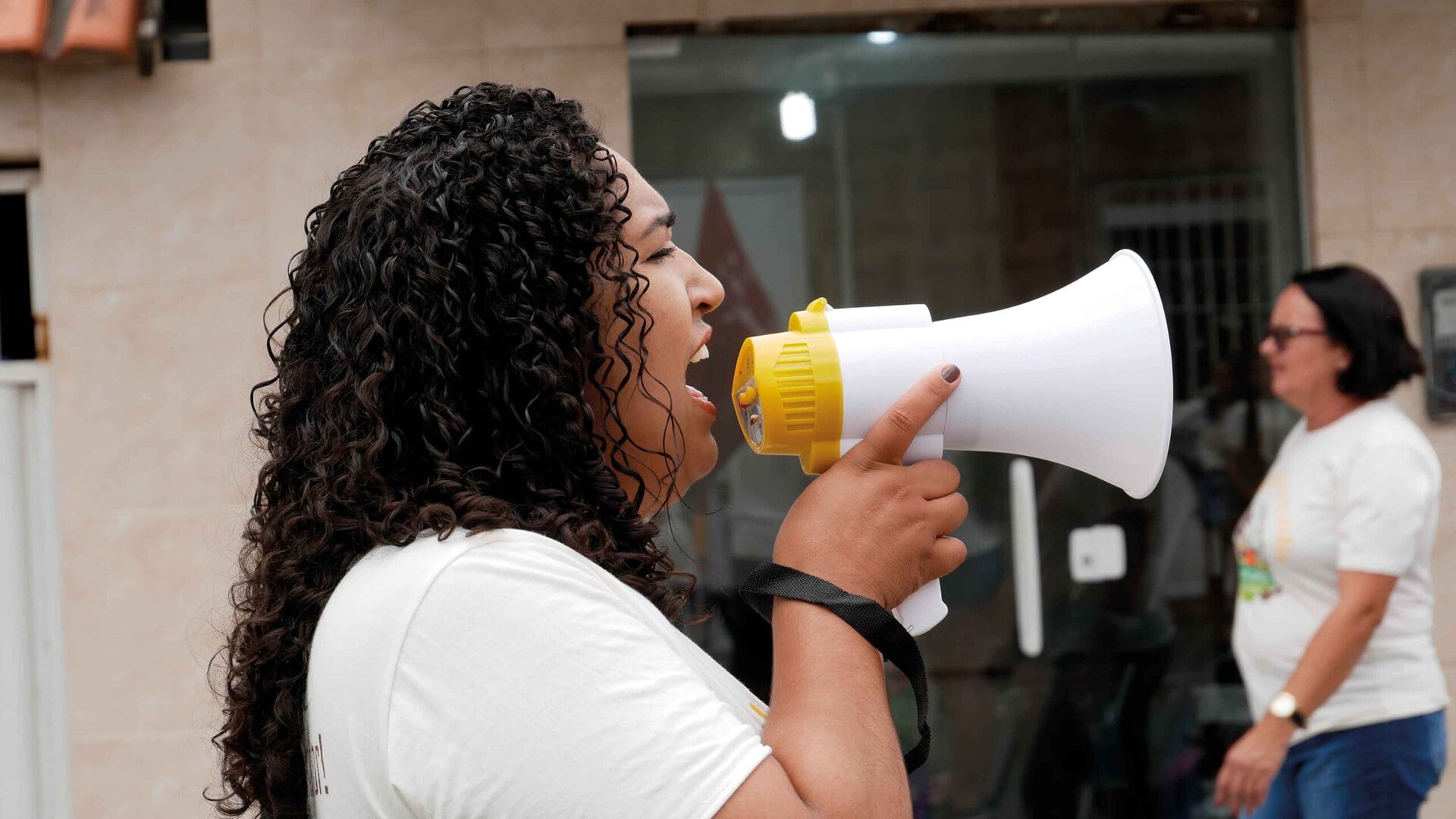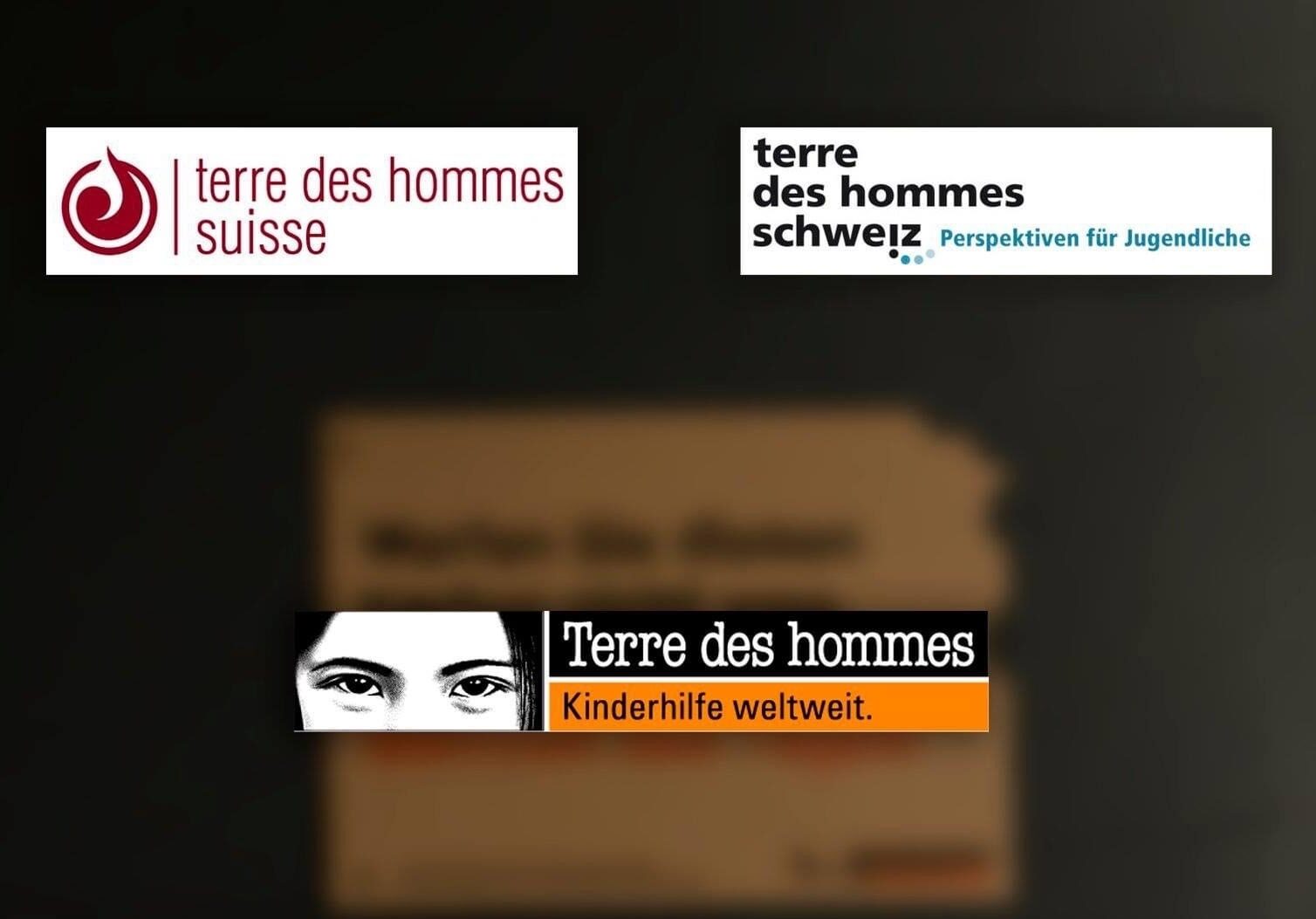The report published on July 6 report of the 2030 Agenda platform, to which terre des hommes schweiz also contributed, comes to the sobering conclusion that Switzerland is not on track with its contribution to a sustainable world. The broad alliance of organizations is calling on the Federal Council to show greater leadership in order to make the necessary changes, halve poverty, protect the climate, uphold human rights and shape the financial centre responsibly.
Seven years after the adoption of the 2030 Agenda for Sustainable Development in New York, the Swiss 2030 Agenda Platform – an association of over 50 organizations active in the fields of environment, international cooperation, human rights, sustainable economy, gender, peace, housing and work – takes stock: Switzerland is not on track to achieve the 17 Sustainable Development Goals (SDGs). We are living at the expense of the world, but the Federal Council has not yet presented a convincing strategy for mastering the urgently needed transformation towards an economy that respects planetary boundaries. Around the world and in Switzerland, people are being prevented from exercising their basic rights, and hunger and poverty are on the rise.
Civil society demands participation
The 2030 Agenda Platform presented its civil society report at the UN High-Level Political Forum, which took place from July 5 to 15, 2022. It compared its own analyses and recommendations for action with the official Swiss country report, which Federal Councillor Cassis presented to the forum in New York on July 12. “The official Swiss country report misses the opportunity to draw the necessary concrete conclusions for the consistent implementation of the 2030 Agenda,” commented Laura Ebneter, representing Alliance Sud in New York, critically.
Important role of NGOs
With its report, the 2030 Agenda Platform confirms the important role of civil society organizations. Civil society is an important political actor and therefore central to the functioning of a democracy. NGOs advocate for compliance with the legal framework, human rights and international obligations. Decision-makers in politics and business are thus held accountable for promises made and commitments entered into. Civil society offers vessels and channels for discussion and opinion-forming and can thus bring voices into political processes that have not yet been represented in representative democracy. Civil society plays the role of a political corrective. To do so, it is dependent on framework conditions that guarantee access to information and participation as well as freedom of opinion. In many countries, however, these framework conditions are not in place.
Our demands
In order to achieve the 17 SDGs, all public policies must be clearly aligned with the goals and ambitions of the 2030 Agenda. We call for efficient measures to quickly remedy the identified deficits. Switzerland’s spillover effects on the rest of the world must be reduced. Conditions must be imposed on the financial market so that investments contribute to the protection of the climate and human rights. The commitment against militarization and for human security must be strengthened. Future bilateral trade agreements must contain binding sustainability criteria.
Further key demands are consistent measures to eliminate discrimination against women, people with disabilities, migrants and racialized people.
The 2030 Agenda platform is calling on the Federal Council to have more courage for transformative solutions. It is not enough to give “business as usual” a colorful coat of paint of SDGs through cosmetic adjustments. What we need is a real change towards a sustainable society.



